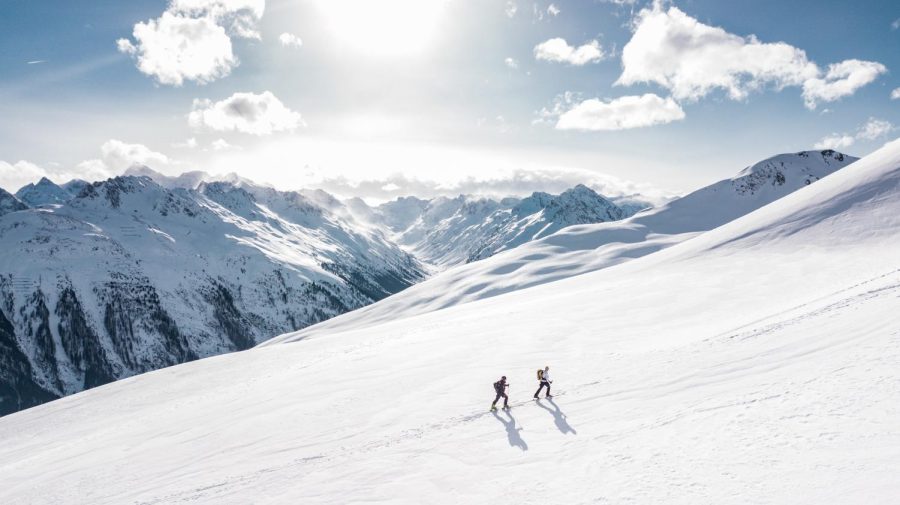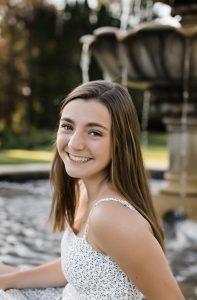‘Mountain Revelations’ and Beyond: Increasing BIPOC Representation in the Outdoor Industry
December 3, 2021
According to National Geographic, national parks in the United States remained officially segregated until 1945, when a bulletin decreed the end of segregation, though unofficial discriminatory measures lasted for years afterward. Only 2% of national park visitors were Black in 2018.
KangJae “Jerry” Lee, an assistant professor in the Department of Parks, Recreation and Tourism Management at North Carolina State University, has studied the discrimination that Black, Indigenous and people of color encounter in outdoor tourism, sports and taking advantage of outdoor spaces. In an interview with the College of Natural Resources News, Lee spoke about this.
“There are a couple of different theoretical explanations that have been provided by different researchers,” he said. “Socioeconomic status, cultural differences, racial discrimination and the history of institutional racism. In my personal opinion, the most reasonable explanation is the last one, the historical racial discrimination: we are the products of our past.”
Discussion around diversity, specifically in representation in government, medicine and other fields is becoming increasingly common. Entertainment has also been evaluated, with podcasts, theater and movies trying to incorporate more people of color in their production.
“Take the van life industry, for instance,” said Toyin Ajayi, founder of Outdoorsy Black Women and editor-in-chief of Your Life After 25. “It’s still predominantly white. There are so many types of people living van life, but they aren’t represented in those spaces at all … When you think of representation, it starts with brands, and trickles into entertainment because that’s how people get the visibility for it.”
Teton Gravity Research’s new snowboarding film, “Mountain Revelations,” showcases professional athletes Jeremy Jones, Ryan Hudson and Rafael Pease and a discussion of how different socioeconomic statuses, skin colors and identities can contribute to opportunity in the outdoor world. From these unique backgrounds, they also shed light on how they overcame, and continue to address, these trials and tribulations.
The film’s description states, “as they explore epic lines on the steep and unforgiving terrain, the physical and emotional challenges they overcome during the harsh, endless days of the waning Alaskan winter serve as a catalyst to examine the roles their backgrounds had on their respective paths to this expedition.”
When asked to be apart of the film, Pease said he had to be honest with himself and see if they were reaching out because he was the only Hispanic, brown professional athlete that they knew.
“I had to ask for transparency,” Pease said. “If it was for, you know, the visual optics of the narrative of the film, or if it was for my skill set in the mountains and you know, [I] had a very good honest conversation with the producer. He informed me that it was a mixture of both and that they were coming from a place of authenticity and to do a project for good, so I decided to join.”
In a 25-minute Instagram live, Teresa Baker, creator of the Outdoor CEO Diversity Pledge, and Mario Molina, Protect Our Winters executive director, discussed what authentic inclusion looks like.
“Generally speaking, the surface level image of the outdoor industry was a sea of white faces,” an article by Protect Our Winters read.
Recently, SKI Magazine paid homage to the BIPOC community when their 2022 Gear Guide cover featured a Black skier, Errol Kerr, shot by a Black photographer, Stan Evans, which was the first cover of its kind for SKI.
North Face called for outdoor equity in their Reset Normal campaign that launched on Oct. 15, 2020. Additionally, in partnership with Jimmy Chin and Lena Waithe, they pledged $7 million in an international fellowship program dedicated to increasing diversity in the outdoors.
“If you’re not seeing a Black RVer represented in an ad for a camping brand, that means not a lot of people are going to see that representation across the board,” Ajayi said. “That’s where we have to start to create a shift on a larger scale.”
Pease said if people are sick and tired of hearing about race and systemic issues then they should stop being racist.
“A message for all the racist people out there is that this is just the beginning,” Pease said. “We won’t always be talking about race and systemic issues. But that’s going to be [the] narrative until things change.”








